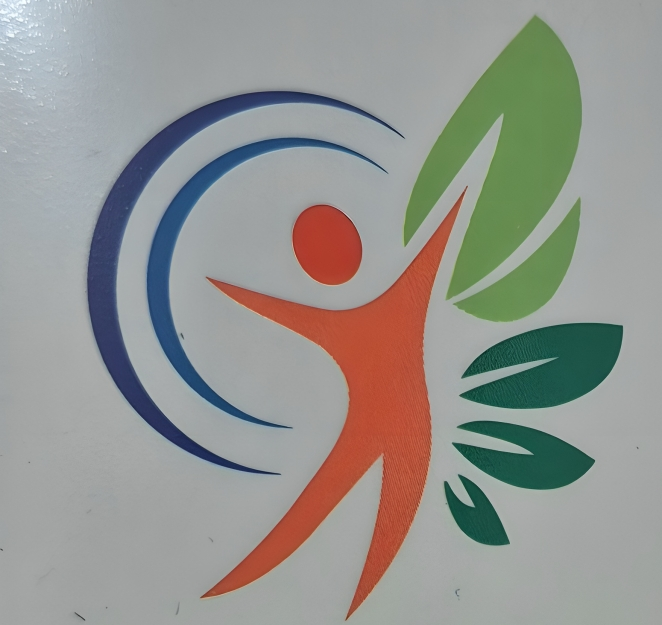What Are Gall Stones?
Gall stones are small, hard pieces that form in the gall bladder. The gall bladder is a small organ under your liver. It stores bile, which helps digest fat. Sometimes, bile forms stones. These stones can block the flow of bile and cause pain. Many people search for gall stones treatment options to find relief and prevent problems.
Symptoms and Diagnosis of Gall Stones
Gall stones may not always cause symptoms. However, when they do, you might notice:
Sudden pain in the upper right belly
Pain after eating fatty foods
Nausea or vomiting
Yellowing of the skin or eyes (jaundice)
Fever or chills
Doctors use several tests to diagnose gall stones. For example, they may use an ultrasound to see the stones. Blood tests can check for infection or liver problems. Sometimes, other scans like CT or MRI are needed. Early diagnosis helps in choosing the best gall bladder stone removal method.
Causes and Risk Factors
Gall stones form when there is too much cholesterol or bilirubin in bile. Several factors increase your risk, such as:
Being overweight or obese
Eating a high-fat or high-cholesterol diet
Rapid weight loss
Family history of gall stones
Being female, especially during pregnancy
Age over 40
Certain health conditions, like diabetes
Knowing these risks can help you make healthy choices. For more details, the CDC and WHO provide helpful information on gall stones.
Treatment Options for Gall Stones
Treatment depends on your symptoms and the size of the stones. Sometimes, if you have no symptoms, you may not need treatment. But if you have pain or other problems, doctors offer several gall stones treatment options.
Medical Management
Doctors may use medicines to dissolve small cholesterol stones. These medicines take months or even years to work. They are best for people who cannot have surgery. However, stones may come back after stopping the medicine.
Surgical Options
The most common treatment is surgery to remove the gall bladder. This is called a cholecystectomy. There are two main types:
Laparoscopic surgery: Doctors make small cuts and use a camera. Most people go home the same day.
Open surgery: Doctors make a larger cut. This is needed if there are problems or infection.
Cholecystectomy is safe and prevents stones from coming back. It is the best choice for most people with symptoms.
Non-Surgical Approaches
Some people look for non-surgical gall stone treatment. Doctors may use sound waves to break up stones (lithotripsy). However, this is rare and not always effective. Medicines, as mentioned earlier, are another option. These are used only in special cases.
When Is Each Treatment Recommended?
No symptoms: Often, no treatment is needed. Doctors may just watch and wait.
Mild symptoms: Medicines or non-surgical options may be tried.
Severe pain or infection: Surgery is usually needed for gall bladder stone removal.
Your doctor will help you choose the best treatment based on your health and needs.
Recovery and Aftercare
After gall stones treatment, recovery depends on the method used. For example, after laparoscopic surgery, most people return to normal in a week. Open surgery may need a longer stay in the hospital. Here are some gall stones recovery tips:
Follow your doctor’s instructions closely
Eat small, light meals at first
Drink plenty of water
Avoid fatty or spicy foods for a few weeks
Take short walks to help healing
Watch for signs of infection, like fever or redness
Most people feel better quickly. However, always contact your doctor if you have concerns.
Prevention Tips and Lifestyle Guidance
While not all gall stones can be prevented, healthy habits lower your risk. Try these tips:
Eat a balanced diet with more fruits and vegetables
Choose whole grains over refined foods
Limit fatty and fried foods
Stay active with regular exercise
Maintain a healthy weight
Avoid rapid weight loss
These steps help keep your gall bladder healthy. For more advice, visit trusted sources like the CDC or WHO.
Conclusion
Gall stones can cause pain and other problems. Thankfully, many gall stones treatment options are available. These include medicines, surgery, and lifestyle changes. Early diagnosis and the right treatment help you recover faster. Consult a gastroenterologist for personalized advice on gall stones treatment.


